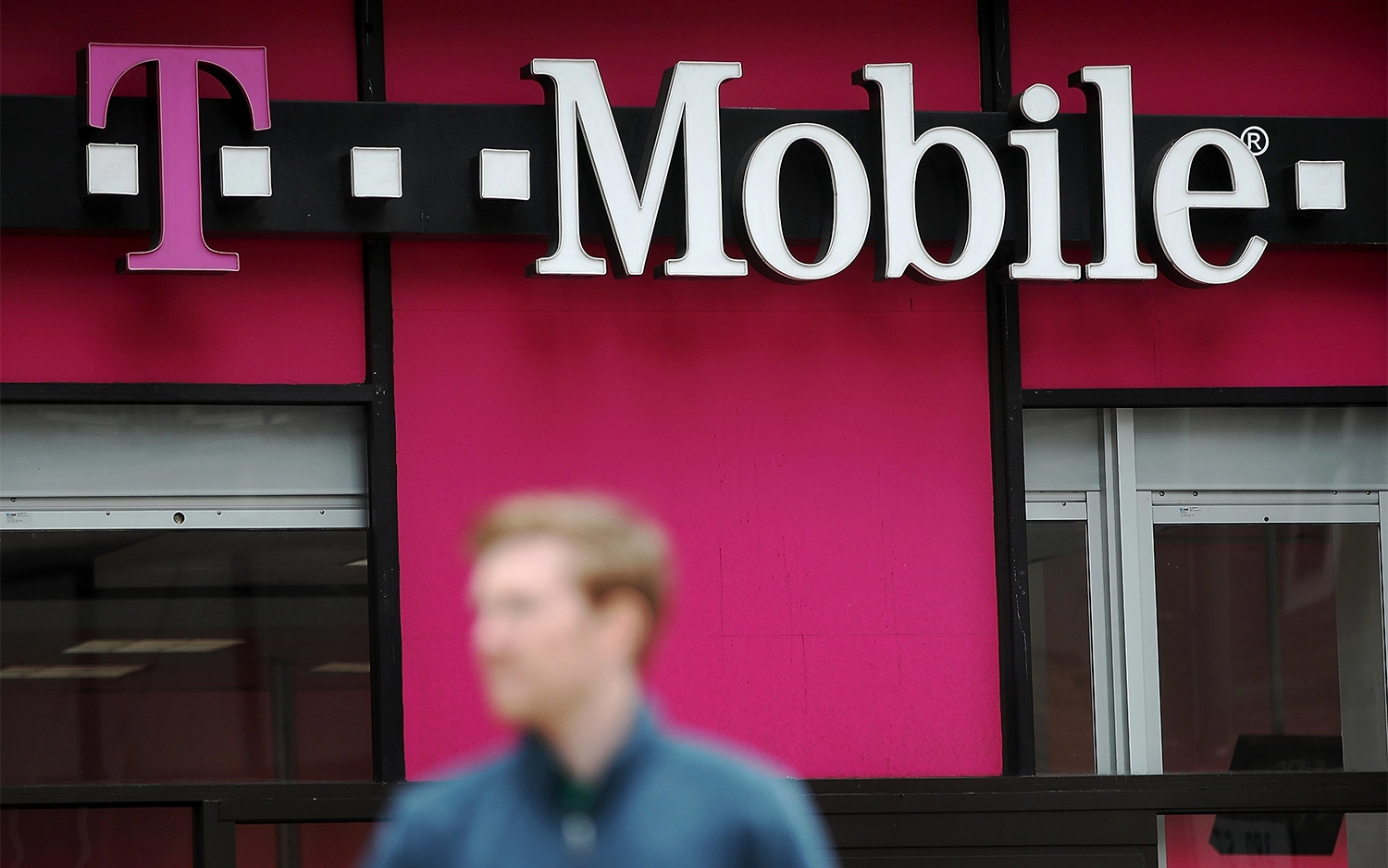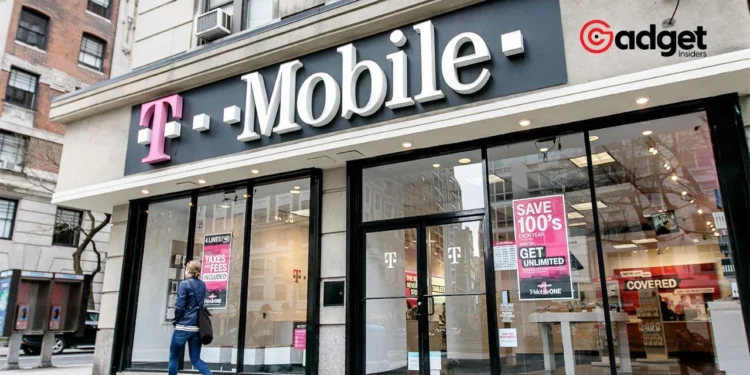In a move that’s caught the eye of many, T-Mobile Prepaid customers are bracing for a change that’s stirring discussions across the digital world. Recent online chatter, fueled by a leaked image on Reddit, reveals T-Mobile’s plans to introduce a new “Device Connection Charge” starting March 21.
This change, replacing the SIM activation fee, represents more than just a shift in pricing; it reflects the evolving dynamics within the prepaid mobile segment, where cost-conscious users seek the best deals.

The Buzz Around T-Mobile’s Pricing Changes
T-Mobile, known for shaking up the mobile industry with its “un-carrier” approach, seems to be adjusting its sails as it introduces new fees to its prepaid customers. The Device Connection Charge, set at $25, is a significant uptick and is designed for connecting new devices to the network, whether activating or upgrading.
This move comes at a time when affordability in connectivity is more crucial than ever, especially with the Affordable Connectivity Program (ACP) facing uncertain times.
Additionally, starting April 25, a “Payment Support Charge” will take effect, adding a $5 fee for in-store prepaid service refills. This decision could reshape the retail experience for many, prompting a reevaluation of how consumers engage with their service providers. Despite these changes, T-Mobile is not stepping back from its commitment to value.
The introduction of the Magenta Status loyalty program and continued efforts to offer competitive pricing indicate a strategic play to maintain its appeal among price-sensitive consumers. Jeff Moore, principal of Wave7 Research, emphasized this point, suggesting that T-Mobile’s innovation and customer-first initiatives remain vibrant and compelling.
For all @TMobile customers with loved ones in Morocco, or traveling there, we’re waiving any charges for internat'l roaming, long distance to & from the country, and local calling within Morocco. My heart is with everyone touched by this huge earthquake. ❤️https://t.co/Y2a3nwwMKI
— Jon Freier (@JonFreier) September 9, 2023
Metro by T-Mobile: The Prepaid Powerhouse
Metro by T-Mobile stands as a testament to T-Mobile’s dominance in the prepaid space, boasting around 21 million customers. This dwarfs the T-Mobile Prepaid brand’s customer base, highlighting Metro’s role as a pivotal player in the U.S. prepaid market.
Such scale and reach underscore the strategic importance of T-Mobile’s pricing and service decisions, impacting millions of users navigating the complexities of modern connectivity.
Verizon’s Prepaid Pivot
The narrative of prepaid mobile services is incomplete without mentioning Verizon’s current challenges. After acquiring TracFone in 2021, Verizon faced hurdles in retaining and growing its prepaid customer base.
The company’s strategic response, including expanding Total by Verizon stores and scaling the digital-only Visible brand, illustrates a concerted effort to reclaim its footing in the competitive prepaid landscape.
Verizon’s top brass, including CEO Sowmyanarayan Sampath, remains “laser-focused” on reviving its prepaid fortunes. This determination mirrors the broader industry’s recognition of the prepaid segment’s significance, serving as a barometer for mobile operators’ agility, innovation, and customer-centricity.

Looking Ahead: The Prepaid Market’s Evolving Landscape
As the dust settles on these recent developments, the question remains: How will these changes affect the broader prepaid market and consumer behavior? T-Mobile’s adjustments signal a recalibration of its strategy, possibly setting the stage for further innovation and differentiation in the sector.
Meanwhile, Verizon’s aggressive push to revitalize its prepaid offerings reflects a broader industry trend toward more dynamic, flexible, and customer-focused service models.
The future of mobile connectivity, particularly within the prepaid segment, promises to be as dynamic as it is uncertain. With major players like T-Mobile and Verizon navigating these turbulent waters, consumers can anticipate a landscape marked by continuous innovation, competitive pricing, and a relentless pursuit of value.
As the narrative unfolds, the industry’s ability to adapt, engage, and satisfy a diverse and demanding customer base will likely define the next chapter in the saga of mobile communications.









